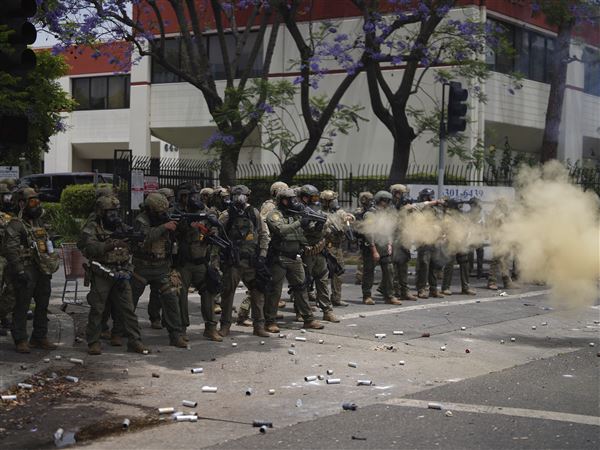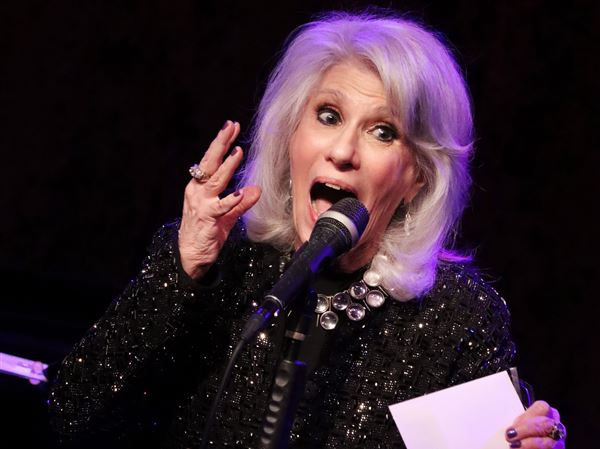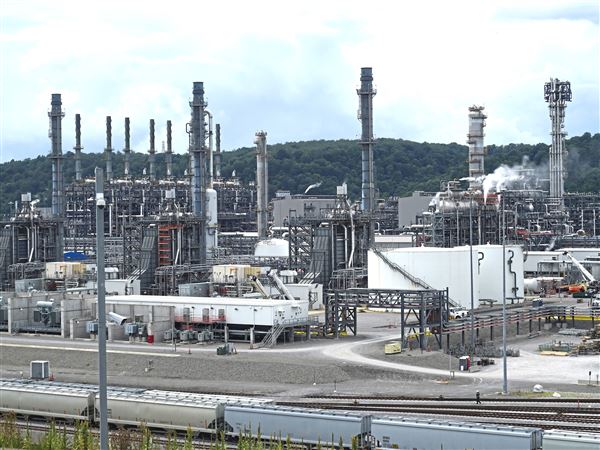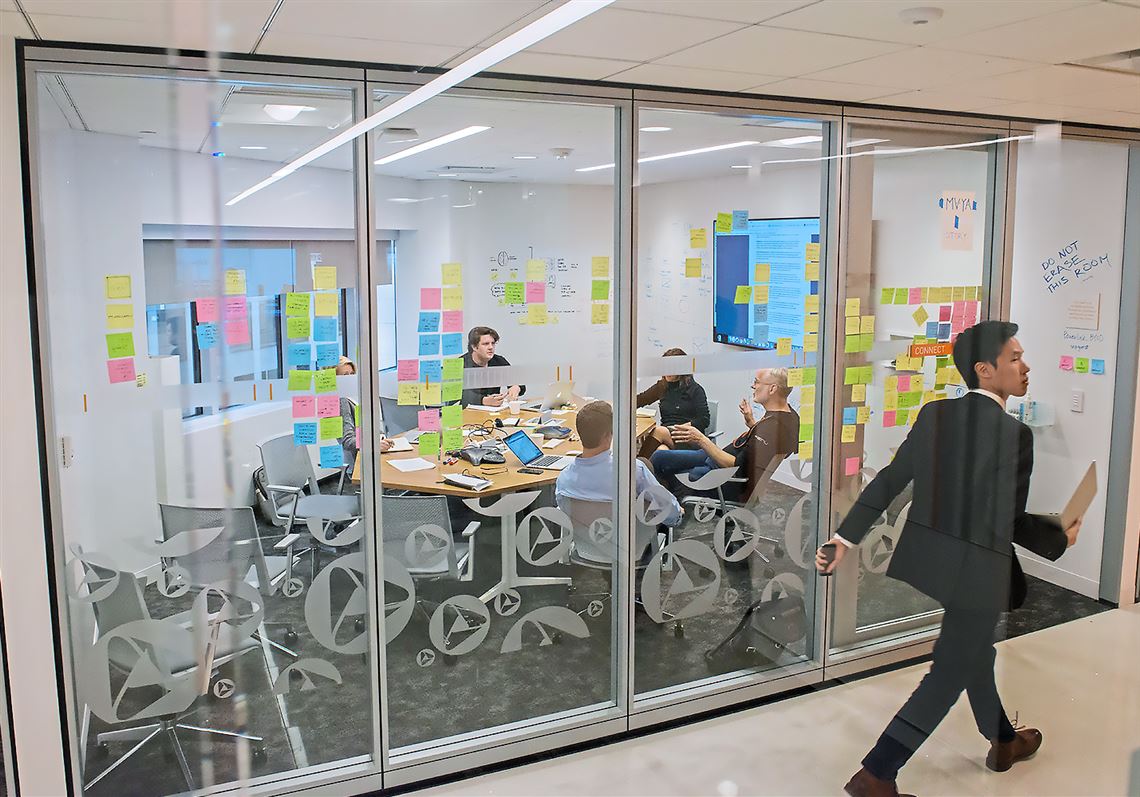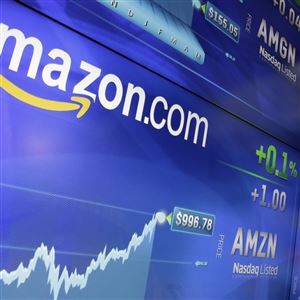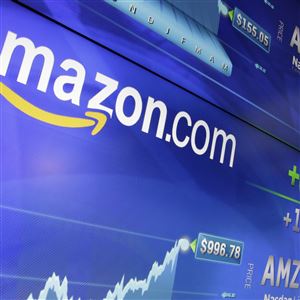On Sept. 7, online retailer and web services provider Amazon put out the word that it needs a place to put a second, 50,000-employee, 8 million-square-foot headquarters. Before the day was out, the Lehigh Valley Economic Development Corp. said it would be pitching the technology giant.
"I think the assets we do have are unique," said spokesman Colin McEvoy last week. "I think it makes sense for us to pursue the project."
Lehigh Valley does not meet many of Amazon's stated requirements. It's a couple hundred thousand people short of the million-person minimum population. Its "international" airport has no international flights or flights to Seattle, and it lacks rail public transit. Lehigh University, with fewer than 10,000 students, may not be the major research university system Amazon seems to expect.
Mr. McEvoy conceded Lehigh is up against some fine contenders. "Obviously the competition for this prospect is going to be really strong."
So why still compete?
Mark Spiegel, an economist with the Federal Reserve Bank of San Francisco, has studied the impact of the Olympics on economies. His take: In a public competition like this, the reputational impacts of being taken seriously as a contender could be significant.
In a 2009 National Bureau of Economics working paper with Berkeley economist Andrew Rose, Mr. Spiegel found that while being selected to host an Olympic Games had a big trade impact on a country, a similar effect could be obtained merely by being an unsuccessful finalist.
"What you're going to get out of a failed bid for Amazon is much like we find countries get out of a failed bid for the Olympics," said Mr. Spiegel. "If you were a city that’s perceived as a serious contender for Amazon, you could be perceived as one of the cities that’s being active in trying to attract tech companies — and that might make your city a little more attractive."
The biggest impact is going to go to the winner, said Mr. Spiegel. "A company of that size, there's some cities where that could be a huge effect — 50,000 jobs could be a big factor."
But, he said, "The costs are non-trivial.” Most pitches are expected to come with hefty incentive packages.
A failed bid could be pretty cheap. Lehigh — unlike Pittsburgh, which has hired Boston Consulting Group to work on its pitch — is keeping the work on its bid entirely in house.
Amazon’s splashy, headline-grabbing process could actually be good for those who respond. In a quiet, internal site-selection process, other players in the industry would probably find out but the impact would be limited, said Mr. Spiegel. "The possibility here is that there are reputational effects beyond the industry, and so they might be bigger."
Officials involved in pitches around the country are counting on that. Sam Bailey, of the Metro Denver Economic Development Corp, which is partnering with the government of Colorado on pitching the state, said, "This is a very public process, which is pretty unique in economic development, so to be able to showcase our region is a phenomenal opportunity."
Lori Moran, president of the East Liberty Quarter Chamber of Commerce, which saw major results from California search engine giant Google's move to Larimer's Bakery Square in Pittsburgh, said, "With the caliber of a company like Amazon or Google, if they did their homework and decided we had the infrastructure, the universities and the workforce, that speaks volumes and will get the attention of other corporations."
Different cities and regions have chosen various ways to try to boost their bids — from Chicago's 600-person pitch committee to an international joint bid from Detroit, Michigan, and Windsor, Canada.
In a statement Thursday on the regional partnership collecting site proposals here, Allegheny County Executive Rich Fitzgerald said, "This process is just one more way that Pittsburgh distinguishes itself from other regions."
Mayor Kasim Reed of Atlanta, whose 1996 Olympics was calculated by economists to have over $5 billion in short term economic impact, issued a statement saying, "The city's cooperative relationship with the state sends a strong signal to companies looking to expand and relocate."
Teams all over the country have until Amazon’s Oct. 19 deadline to pull together their pitches.
The most benefit may come from getting a second look from the online retailer. "I think you need to be one of the cities perceived as being on some kind of short list as the process goes forward," said Mr. Spiegel.
Yet cities could also stand to gain directly even if they do not get that far. Mr. Bailey in Denver said, "I would consider it a win even to be able to showcase to their executive leadership our assets and innovations.
Lehigh Valley’s team sees other potential benefits, too. "I think there could be economic advantages and the opportunity for the ancillary development even if Amazon were to establish this headquarters elsewhere in close proximity to us," said Mr. McEvoy. Philadelphia, for example, is not far away.
Despite the potential reputational advantages, most officials are holding their cards close to the chest.
"I'm sure the other regions competing against us would love to know all the properties we have in our arsenal, and we're not going to give them that advantage," said Kevin Acklin, Mayor Bill Peduto's chief of staff in a statement Thursday.
Meanwhile, representatives from Detroit and Windsor did not respond to requests for comment, Mayor Reed's office declined to provide more than a short statement, and Mr. Bailey said he was limited by a non-disclosure agreement.
Who will win the Amazon bidding war?
When the Seattle online retail giant announced plans to open a second headquarters in North America, cities rushed to start developing offers and prove they are qualified to host the new facility. Here is how a select group of likely candidates stack up on issues such as population and transportation.
*Does not currently have Seattle flights as requested by Amazon.
Of course, not everyone is enthusiastic about luring Amazon. Some observers have raised concerns about financial costs. The Denver Post editorial board, for example, discouraged the state from offering too much taxpayer money to the wealthy company.
And Boston Mayor Marty Walsh is trying to hold firm against the tide of incentives likely to be tossed in Amazon’s direction. He said the city would not get "in a bidding war" to lure Amazon.
Christopher Huffaker: chuffaker@post-gazette.com, 412-263-8353, or on Twitter: @huffakingit
First Published: October 1, 2017, 4:00 a.m.

